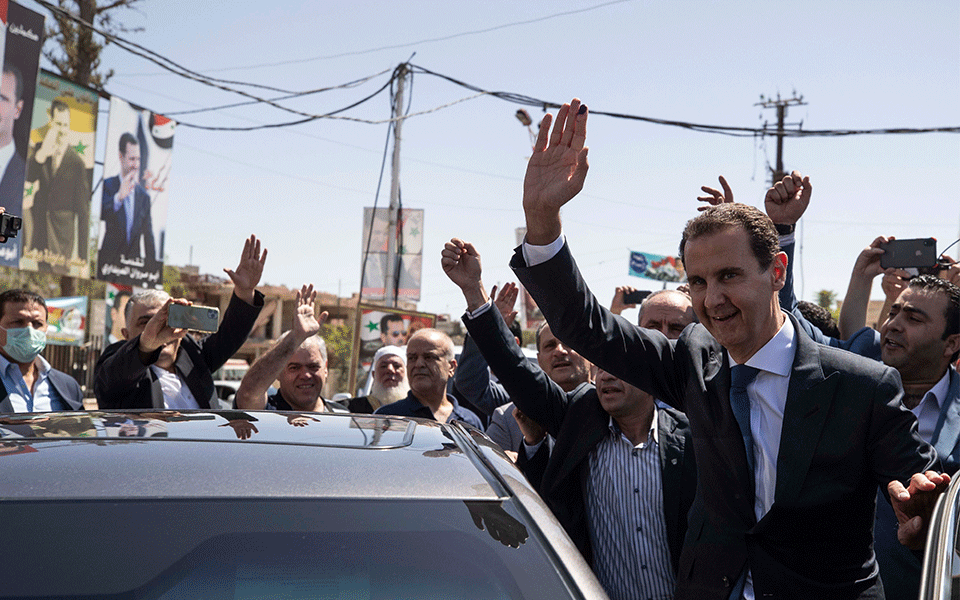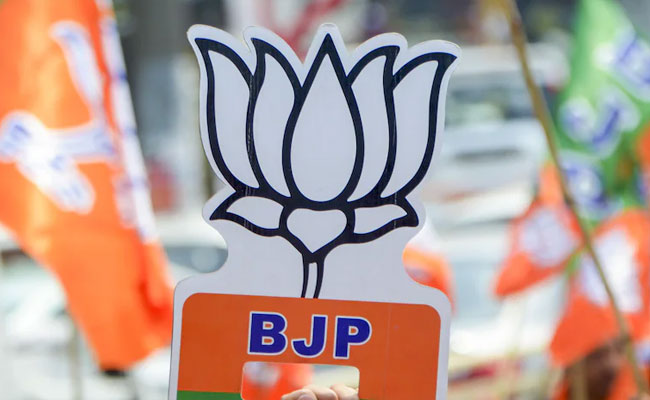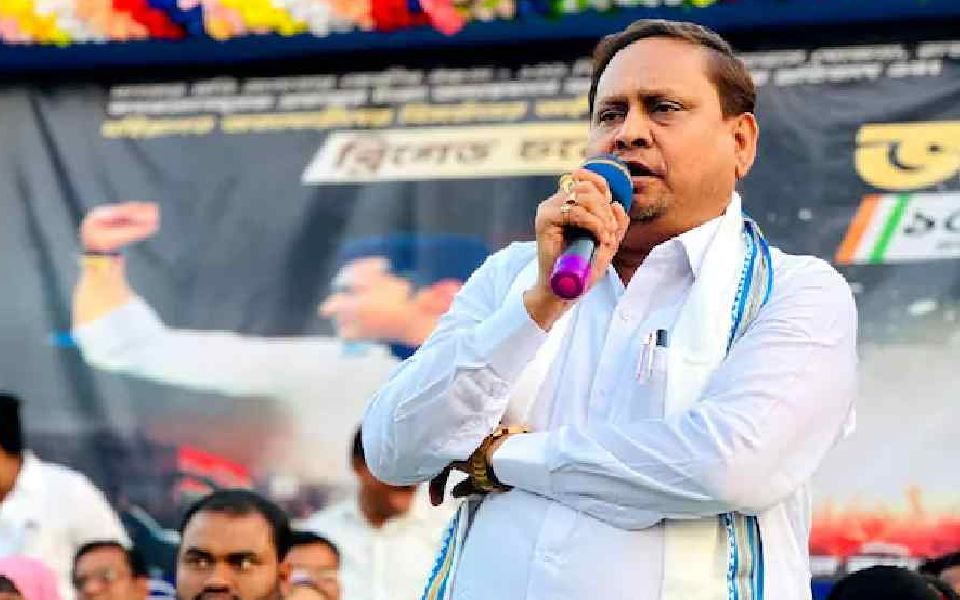Damascus, May 28 (AP): Syrian President Bashar Assad was re-elected in a landslide, officials said Thursday, ushering in a fourth seven-year term in the war-torn country following an election described as illegitimate and a sham by the West and his opposition.
Assad's win was not in doubt, in an election where officials said 18 million were eligible to vote. But in the country ravaged by the 10-year-old conflict, areas controlled by rebels or Kurdish-led troops did not hold the vote.
At least 8 million, mostly displaced, live in those areas in northwest and northeast Syria. Over 5 million refugees mostly living in neighbouring countries have largely refrained from casting their ballots.
US and European officials have also questioned the legitimacy of the election, saying it violates UN resolutions in place to resolve the conflict, lacks any international monitoring, and is unrepresentative of all Syrians.
Syria's parliament speaker, Hammoud Sabbagh, announced the final results from Wednesday's vote. He said Assad garnered 95.1 per cent of the votes. He said turnout stood at 78.6 per cent of the voters, in an election that lasted for 17 hours on Wednesday with no independent monitors.
Assad was facing symbolic competition from two candidates a former minister and a former opposition figure.
Let the Truth be known. If you read VB and like VB, please be a VB Supporter and Help us deliver the Truth to one and all.
Belthangady: A woman in her mid-50s from Guddethota in Shishila village here died after suffering a snake bite while working in a plantation on Sunday.
The deceased, identified as Prema (55), was reportedly bitten by a cobra when working in a plantation located in Shishila village of the taluk on Sunday afternoon.
The members of the Shourya Disaster Response Team, who were informed of the incident, arrived at the plantation and took Prema to the Puttur Government Hospital, but the patient is learned to have died due to the intensity of the snake venom.
Prema is survived by her daughter and son.





